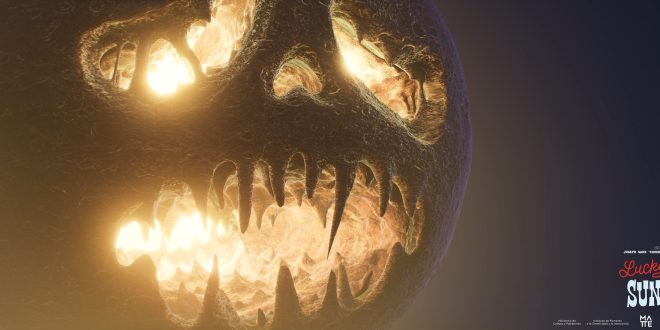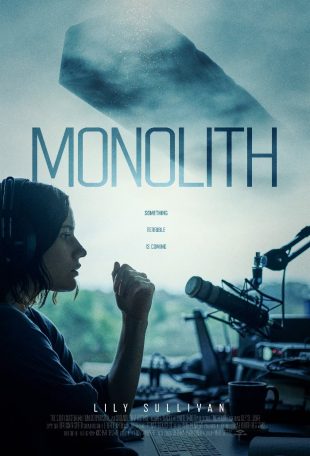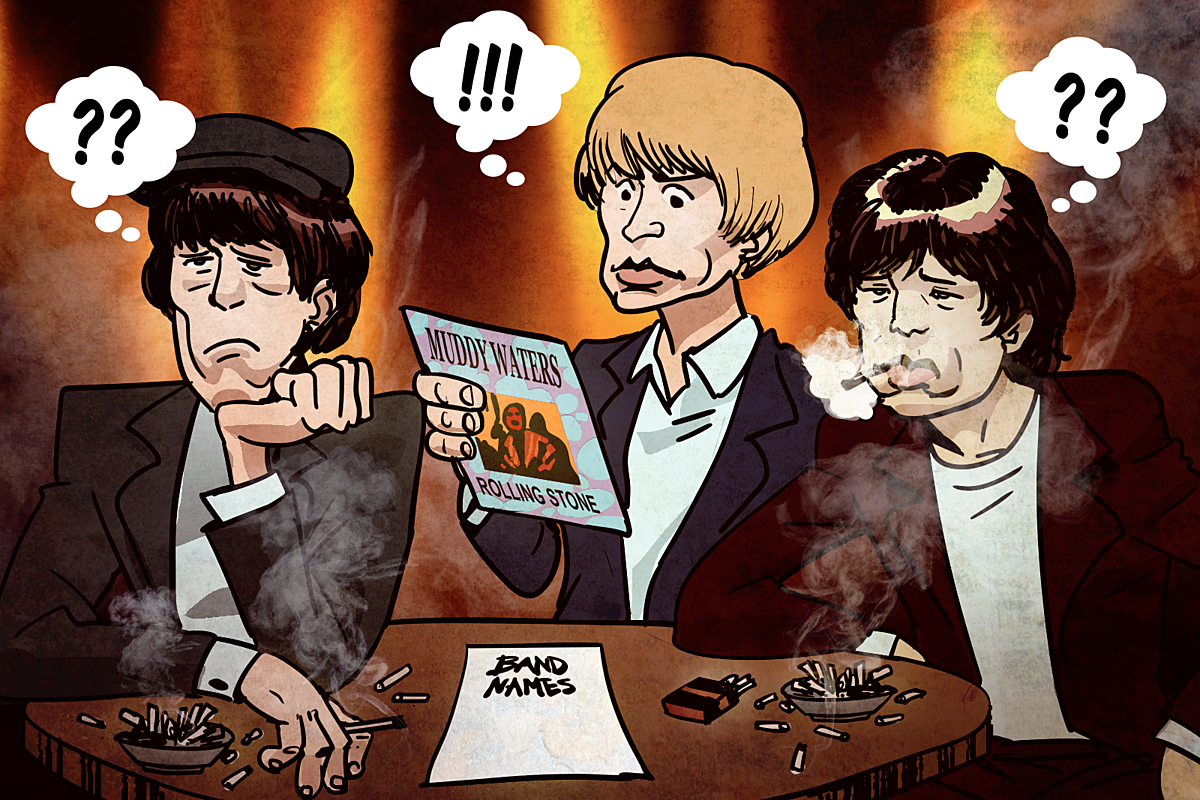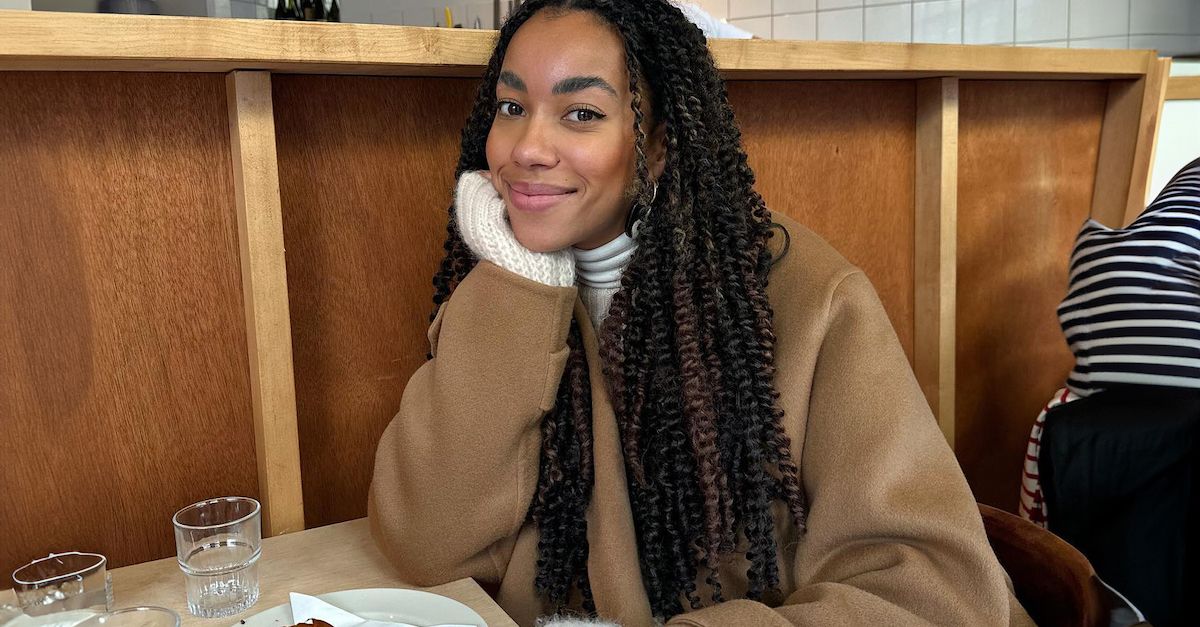Talk about ripped from the headlines!
Law & Order has taken real-life stories and turned them into entertaining crime dramas since the 1990s. But Law & Order Season 23 Episode 1 went beyond that.
It used a story revolving around the Israeli-Palestinian conflict to ask questions that didn’t have answers, and this conflict is so contentious that it probably pissed viewers off no matter where they stand on the issue,
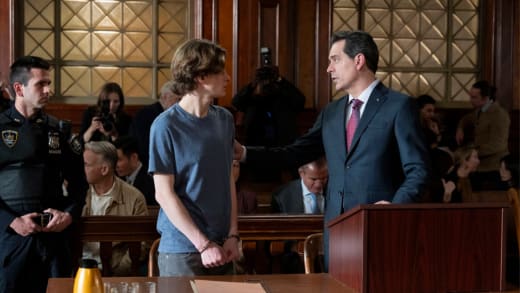
This was an ambitious story. The central theme seemed to be that the conflict in the Middle East has spilled over into America, and the fighting and hatred on both sides will probably never stop.
It felt like it hit too damn many issues at once.
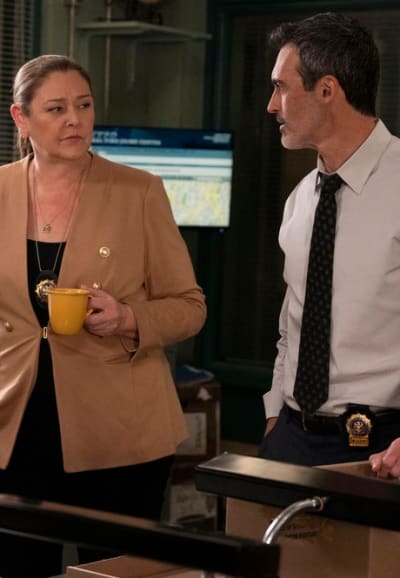
The president’s conduct raised legitimate questions about when free speech crosses over into hate speech and whether professors and students have the right to express views on campus that could cause harm to others. This was a footnote in this complicated story.
Alpert was killed immediately after confronting some kids who were spray-painting something on a Jewish-owned business, but that was never mentioned in the subsequent investigation and had nothing to do with anything.
Nor were the accusations of plagiarism and attempts to discredit his research.
Mrs. Alpert: There was so much pressure about what to say, what not to say.
Shaw: You mean about the Israeli conflict.
Mrs. Alpert: Nate was a strong believer in free speech. He felt it was not his place to articulate his personal opinions. He felt that it might interfere with campus discourse.
Somehow, Detective Shaw realized that the entire reason Alpert was under the microscope was the Israeli conflict. But that didn’t seem to be true since he was sued by many former employees who claimed they were fired for having controversial views.
He also supposedly was pro-free speech on campus, but everyone he’d tangled with felt the opposite, and he was accused of believing in cancel culture so often that if those words had been a drinking game, I’d be passed out on the floor!

The story morphed into resentment and hatred on both sides because Alpert refused to take an official stance on the war in Gaza and then into a professor who might have manipulated students into committing heinous crimes.
It was all interesting, but following so many story threads was exhausting. The story would have been better served by picking one issue to focus on.
It didn’t help that all the pro-Palestinian supporters were depicted as extremists who spouted anti-Semitic tropes about anyone against them being in Israel’s pocket, and the only Jewish protester cheered Alpert’s death and later fatally shot Chloe during a pro-Palestinian rally.
The only question any of this raised for me was whether it’s true in real life that protests on American college campuses mirror the violence in the Middle East.
I know people who feel passionately about one side or another of this conflict, but none are going around killing each other.
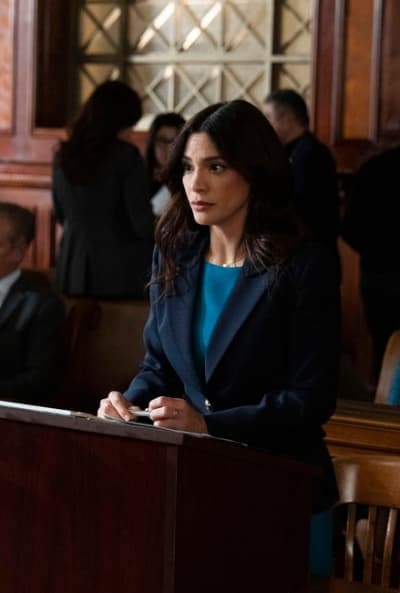
Many people take a middle-ground position where they support Israel’s right to defend itself but not the specific way they are responding to what happened on October 7.
In short, most people — regardless of their position on the war — are rational enough to avoid slaughtering each other in the name of demanding a ceasefire.
But that wouldn’t make for exciting television, so Law & Order focused on people so wedded to the cause that they were willing to become martyrs.
Chloe’s spreading misinformation on her large platform and the DA’s office feeling the need to seek a gag order was an interesting avenue, but it was only mentioned in passing.
I wasn’t even sure if there was an order in place when Price complained about it at the rally where she was murdered.
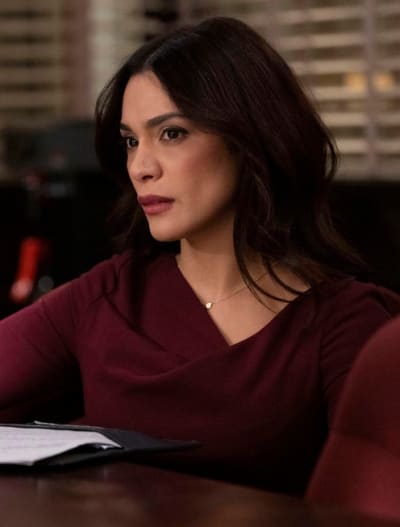
This should have been a more significant part of the narrative, and it would have been if the story had been about questioning whether someone indicted for murder should have limitations on their freedom of speech or whether colleges cross the line when banning hate speech.
That’s what I expected from the synopsis and trailer, which touted this as a story of hate speech vs free speech. That’s not what it was at all.
It was only about whether people could disagree about the Israeli-Palestinian conflict without resorting to killing their political opponents.
The last third focused on whether Professor Nasser could be held responsible for encouraging violence in her lectures about the conflict. This was a fantastic and topical question that deserved to be covered in more depth.

As it was, prosecutors quickly made a deal with a reluctant witness who half tried to defend his mentor.
Nasser also took the stand and said things that were easily disproven, about how she was only on trial because the “elite Jews” didn’t want her to speak the truth about Palestine.
Despite Nasser’s conflating opinion and fact and contradicting herself by saying she was proud of Cam for killing Alpert, even though she would never condone a student doing any such thing, she was acquitted.
I’ve wanted Price to lose a case for ages, but this one shouldn’t have been it. Nasser’s testimony dug her into a deep hole, and it didn’t make sense that she was acquitted.
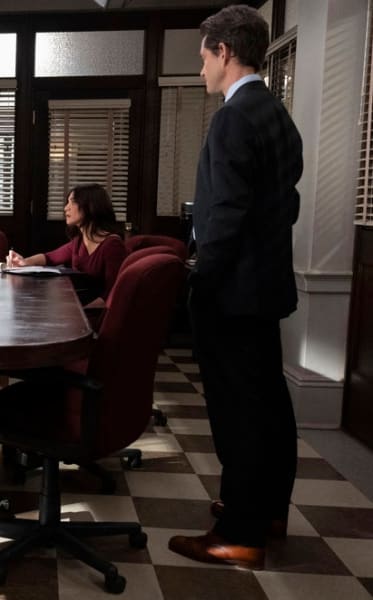
The purpose seemed to be so that people could fight with her in the courtroom lobby, underscoring Maroun’s point that the conflict never ends.
Amid this contentious story, we got a new detective. Ripley is a replacement for Jeffrey Donovan’s Frank Cosgrove.
Cosgrove got fired for his outspokenness, which was odd because he’d never gotten in trouble for it before.
This disappointing exit story isn’t nearly as bad as when Stabler left Law & Order: SVU in 2010. but it still left something to be desired.
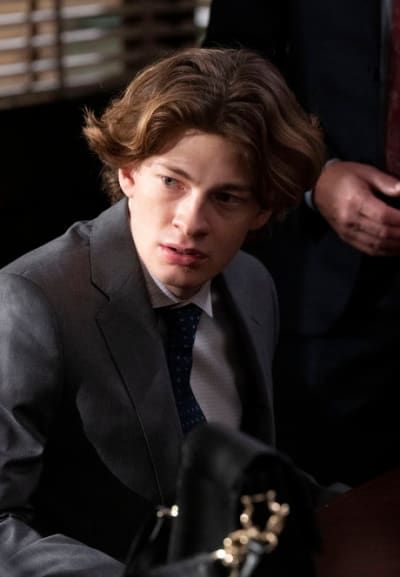
The jury is still out (pun fully intended!) on whether Riley is a good addition.
For some reason, he took offense at Shaw disarming a guy with a knife without the use of firearms, though later, he saved Shaw’s life and was visibly shaken by having to fatally shoot Philip Klein.
There wasn’t much time to develop his character this time around, but hopefully, that’s coming in future episodes.
What did you think, Law & Order fanatics? Hit the big, blue SHOW COMMENTS button to let us know.
Law & Order airs on NBC on Thursdays at 8/7c.
Jack Ori is a senior staff writer for TV Fanatic. His debut young adult novel, Reinventing Hannah, is available on Amazon. Follow him on X.


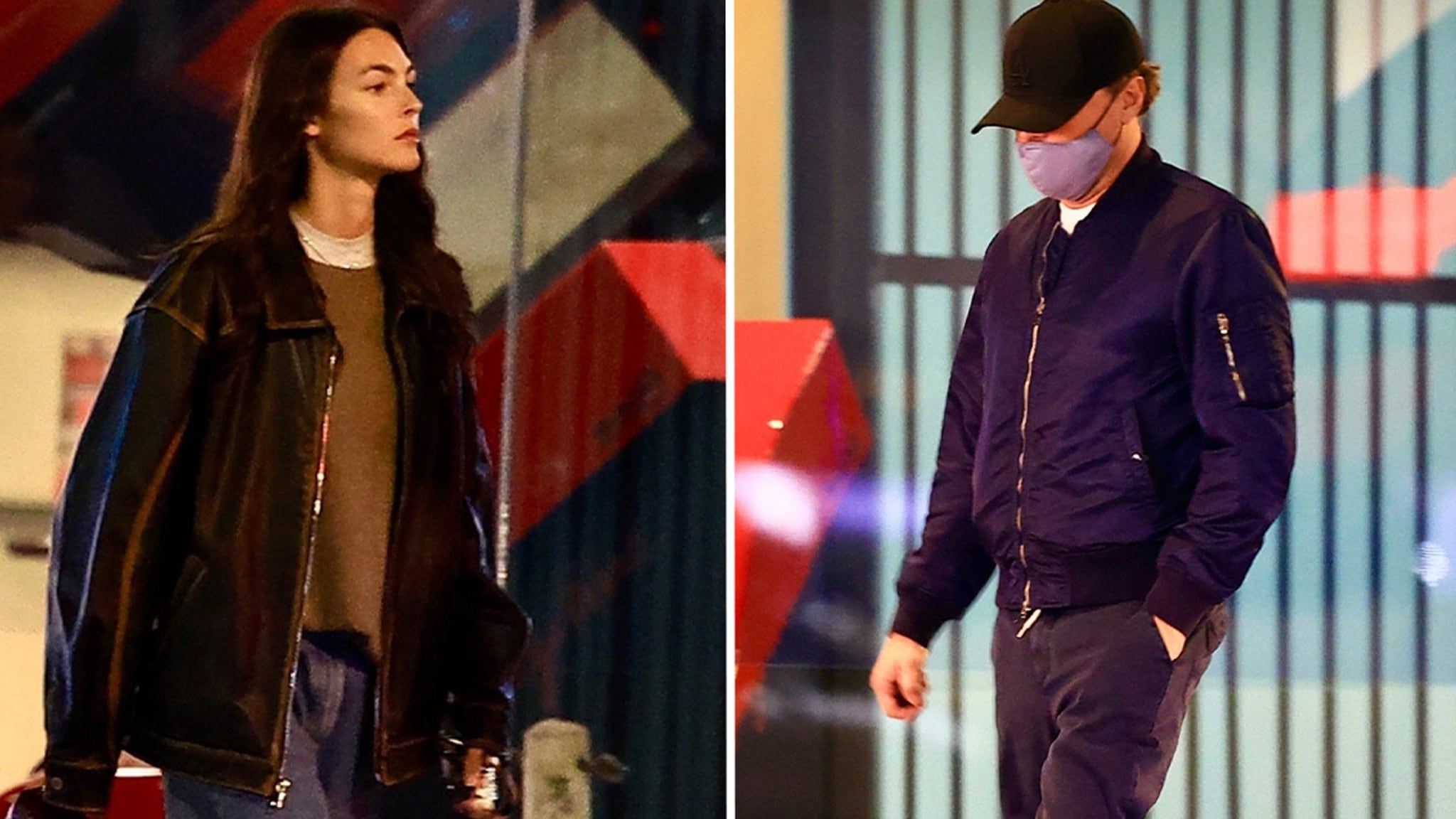




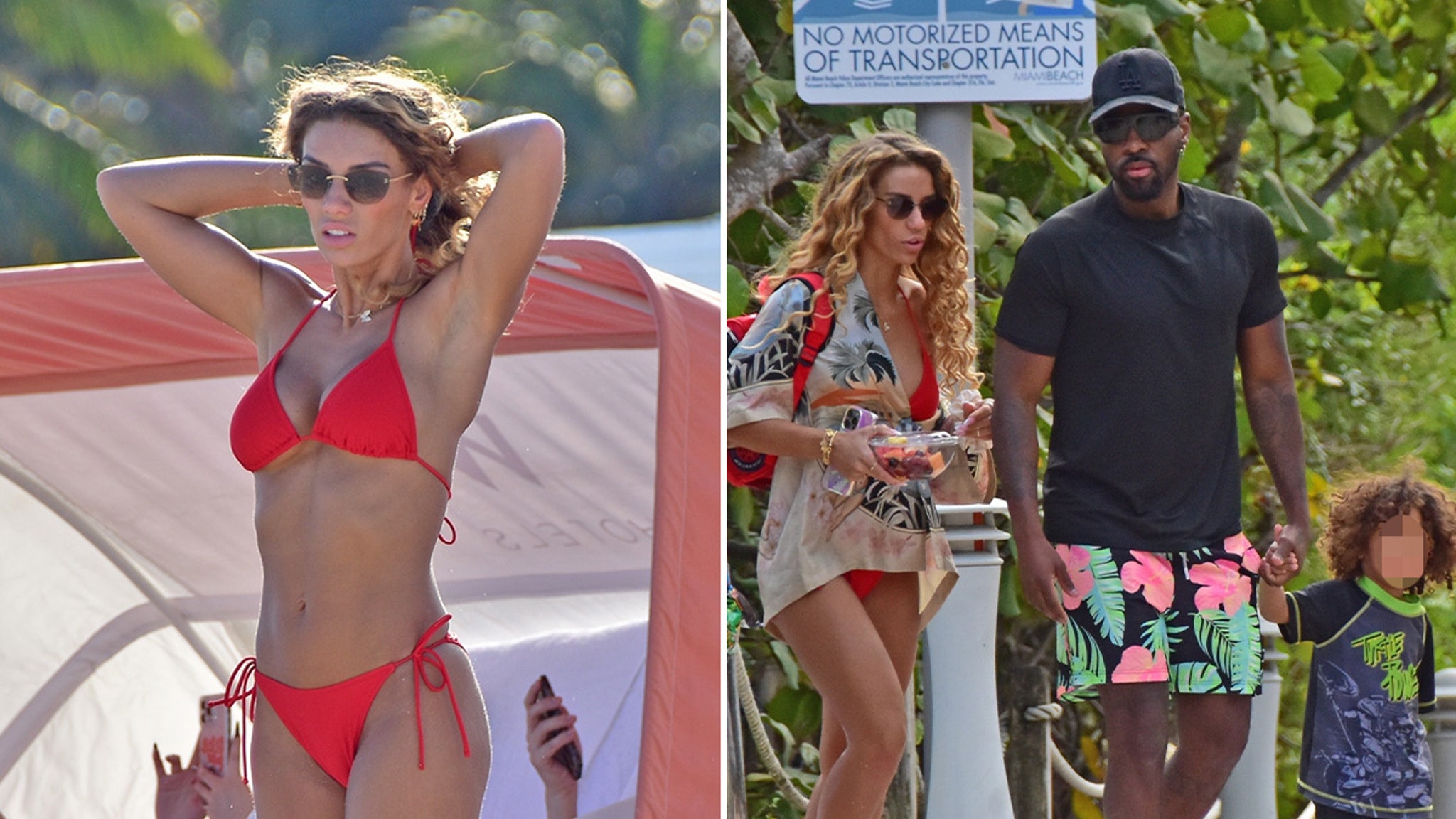

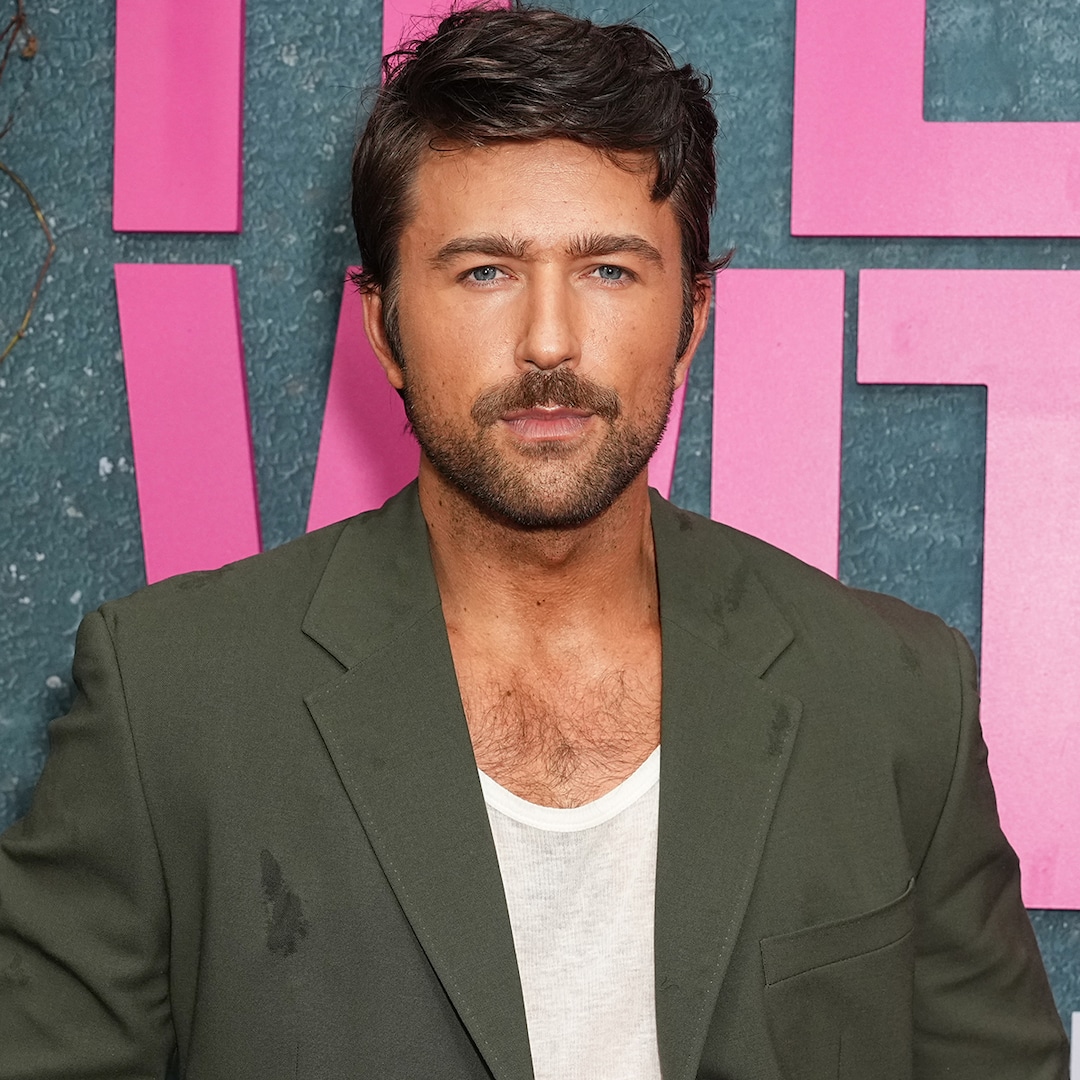









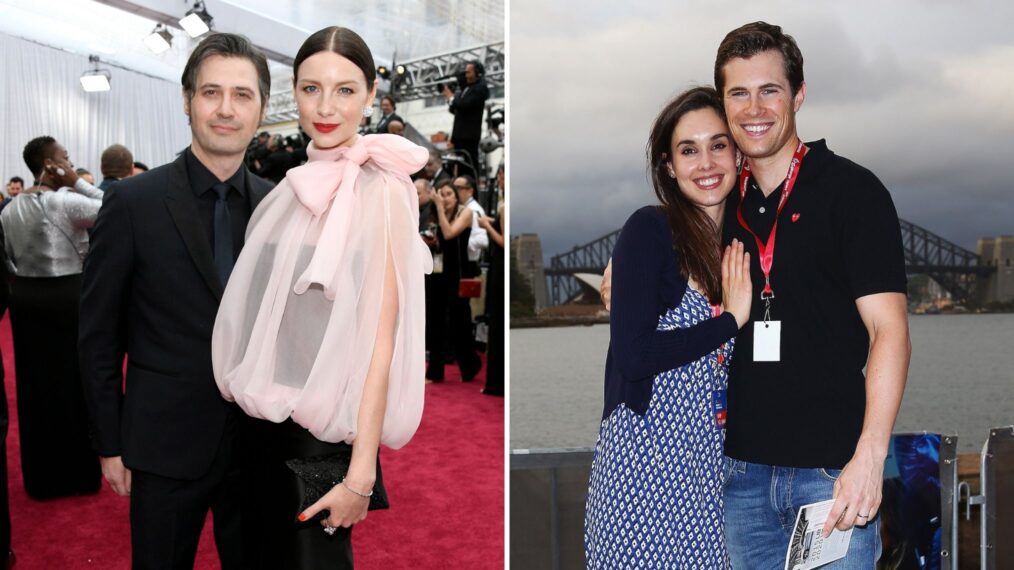


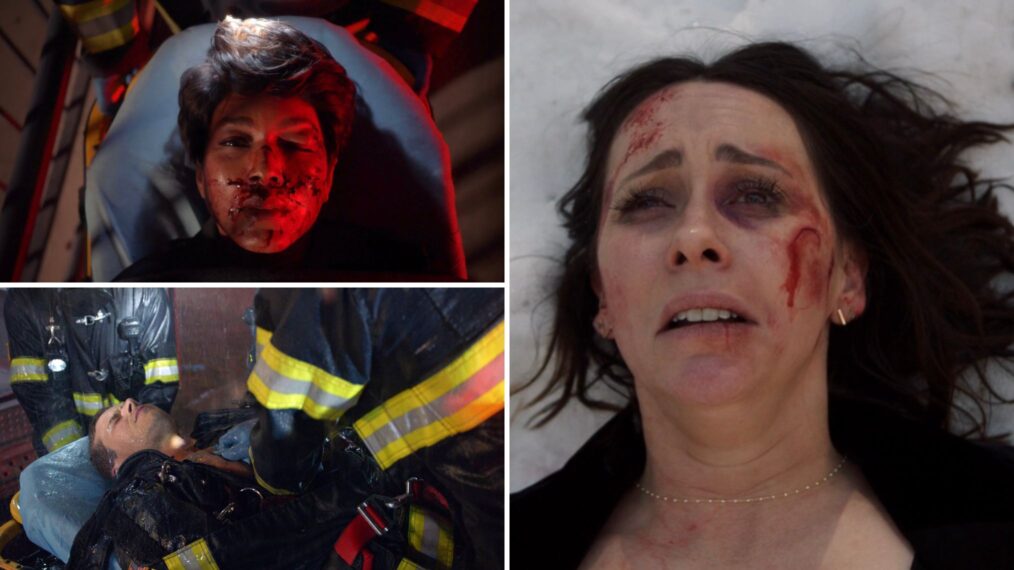


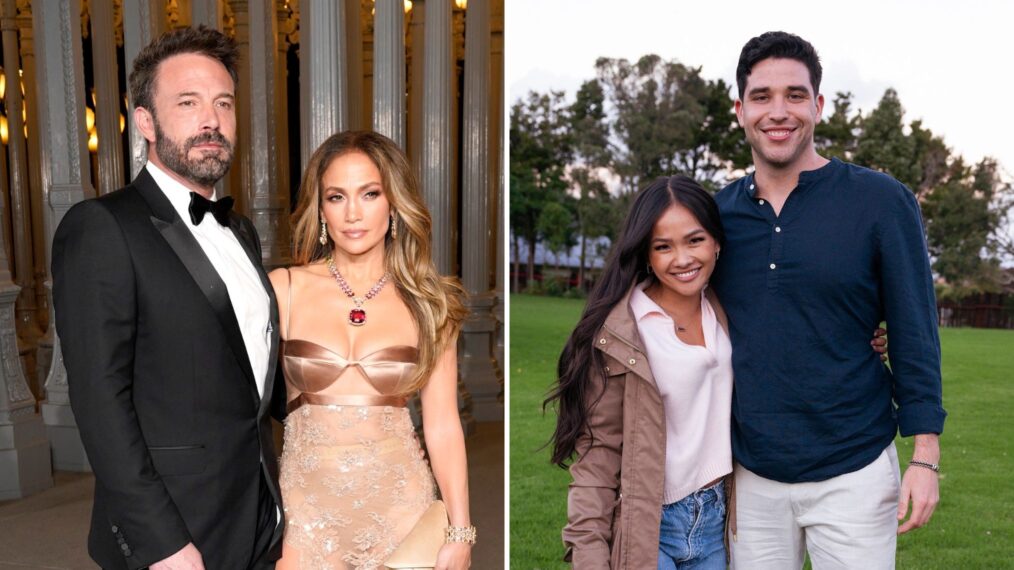











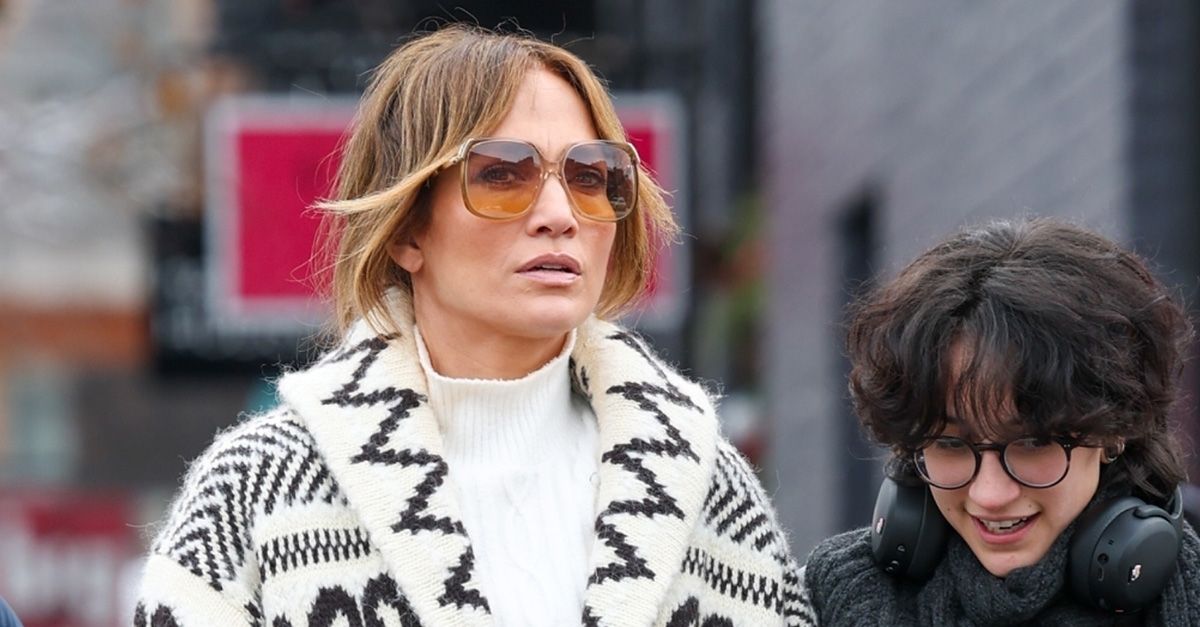


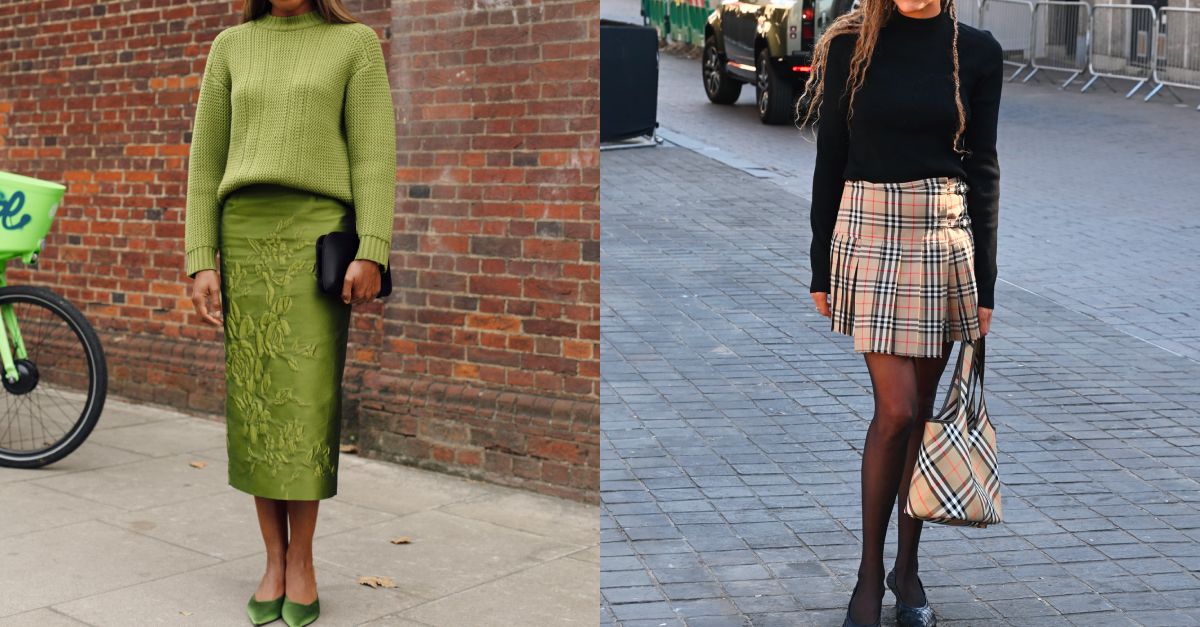
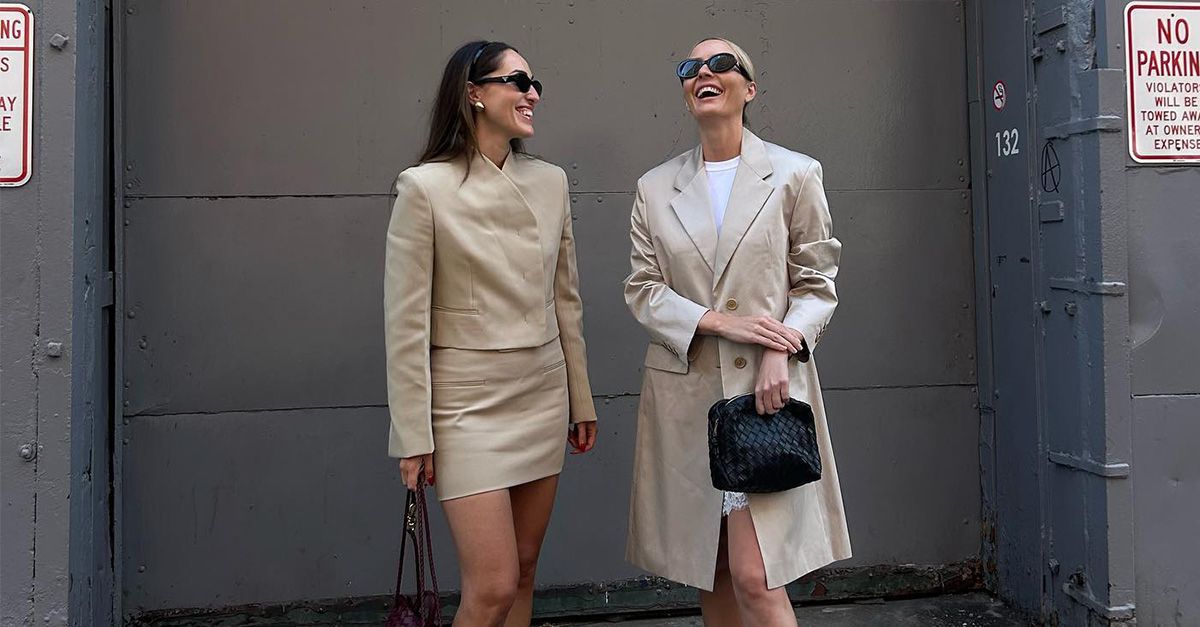
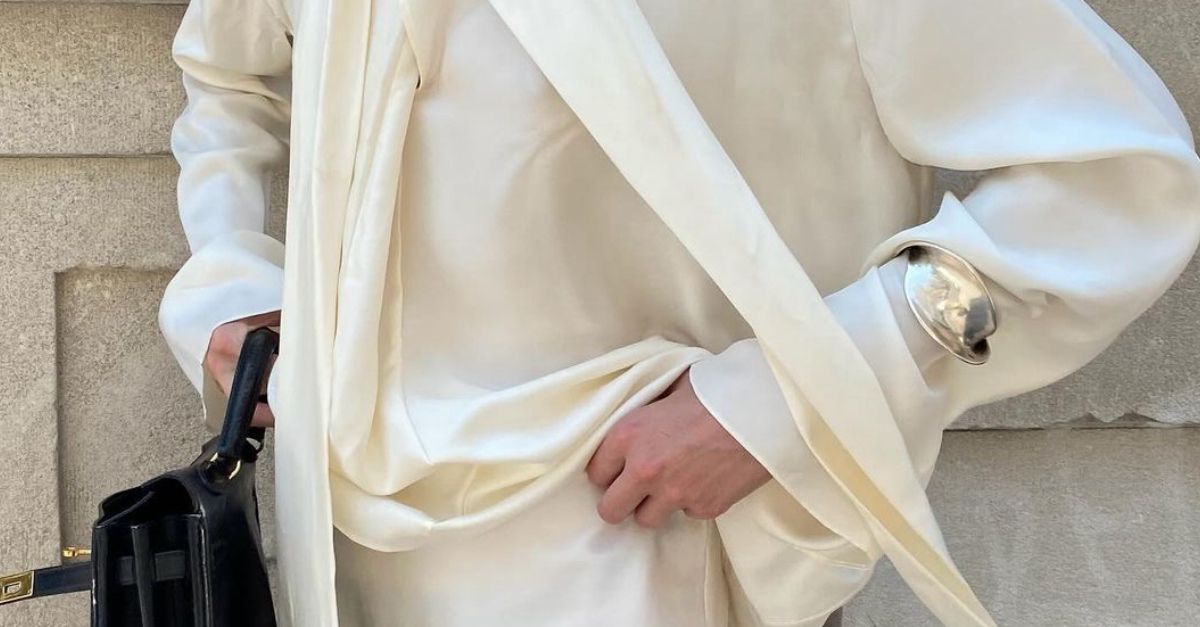

:quality(85):upscale()/2024/12/24/622/n/1922564/9eb50f2c676abd9f1647c5.05876809_.jpg)


